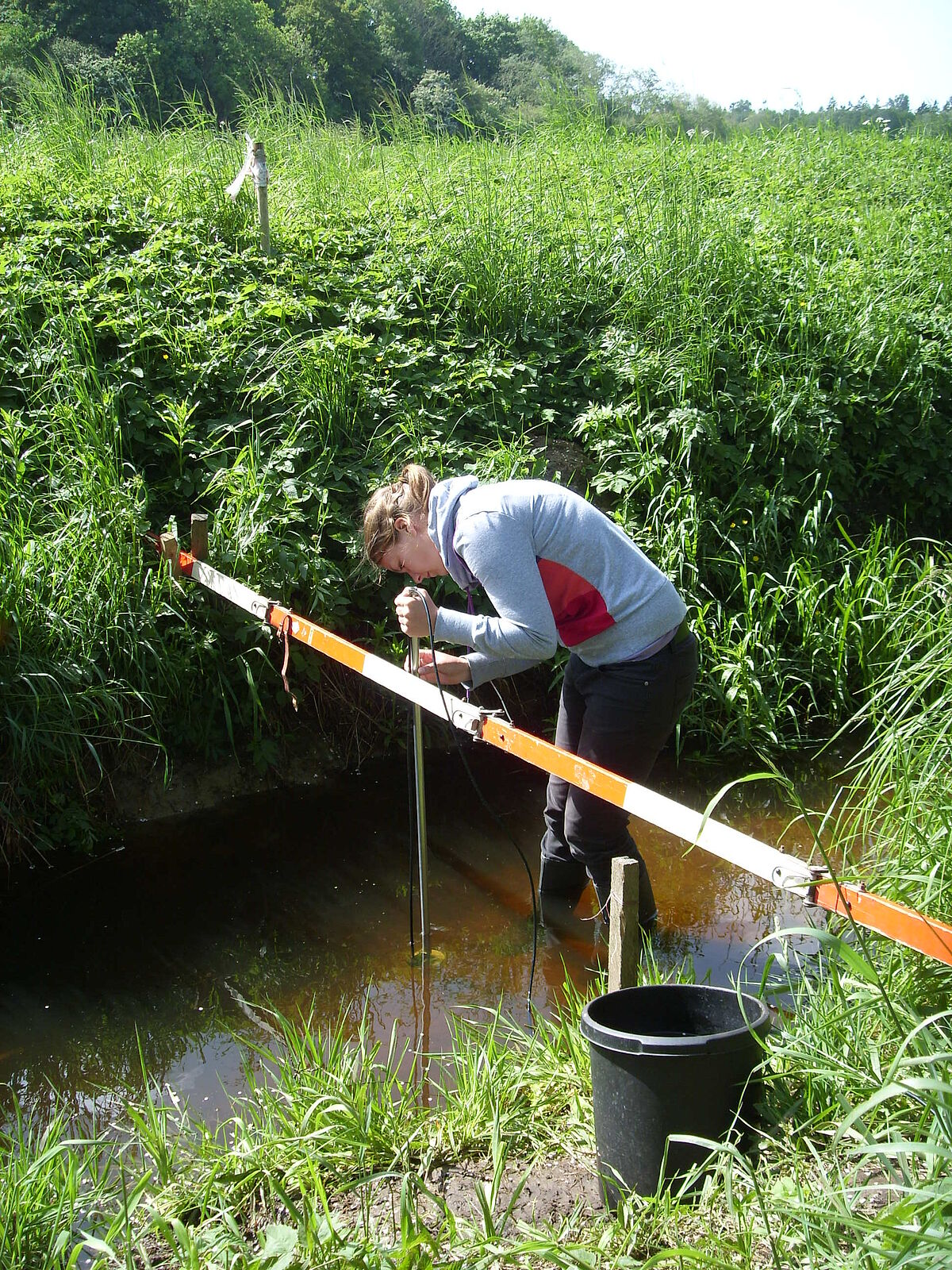Why studying Environmental Engineering Sciences?
Environment-friendly action from the local to the global level is the basis for the future-proof development of human society. Social and technical developments are therefore always to be considered from the point of view of sustainability. This is all the more true given the high and worldwide growing utility pressure on all environmental compartments and the necessary adaptation to anthropogenic environmental changes.
Environmental engineers develop solutions for an environmentally sound satisfaction of basic social demands. The approach of environmental engineering sciences differs fundamentally from other disciplines. Due to the broad, interdisciplinary training, the specific knowledge of "hard" engineering disciplines (in the fields of civil engineering, energy and environmental technology) can be combined with procedural, ecological as well as economic knowledge and integrated into holistic solutions. The "environmental engineer" is thus a central interface and professional moderator between various specialist disciplines.
The special regional conditions, the profile of the University of Rostock and the classification of the course into the Faculty of Agriculture and Environmental Sciences determine the focus of the training. The environmental engineer, who is studying here, is primarily an engineer for rural areas, as well as the landscape, working on the interface between the essential social driver settlement, transport, agriculture and the interactions of coastal, soil and water.

